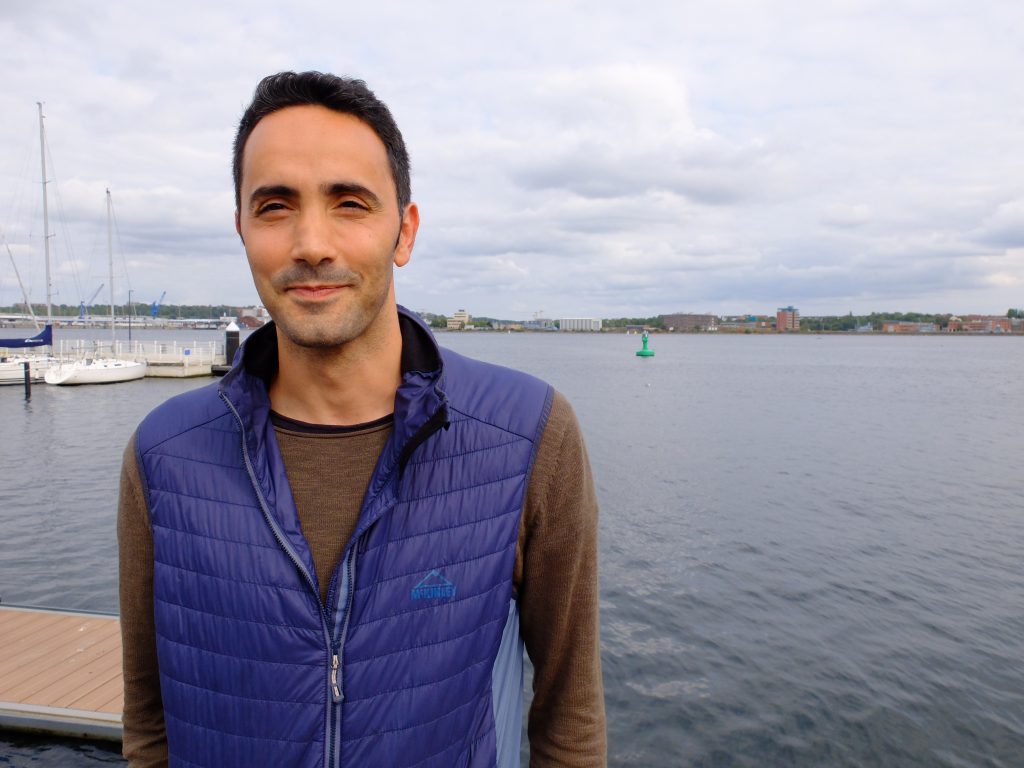Postdoc at GEOMAR, Kiel
 Understanding the implications of variability has always been a hot topic for philosophical / scientific inquiries, and is of interest to researchers from diverse disciplines. A psychologist may be interested in the performance-outcome of fluctuations in mood/behavior of the maniac-depressive human subject. A climatologist might investigate how variability in climatic-forces is translated into changes in large-scale climate patterns. A political scientist might be struggling to model relationships between variations in the drivers of populism.
Understanding the implications of variability has always been a hot topic for philosophical / scientific inquiries, and is of interest to researchers from diverse disciplines. A psychologist may be interested in the performance-outcome of fluctuations in mood/behavior of the maniac-depressive human subject. A climatologist might investigate how variability in climatic-forces is translated into changes in large-scale climate patterns. A political scientist might be struggling to model relationships between variations in the drivers of populism.
Understanding the implications from environmental variability in ecological traits for fitness/performance of biological systems is even more crucial in the field of ecology with the emergence of anthropogenic climate change. As we are aware of, climate change alters not only average environmental conditions (e.g., mean temperature) but also the variability around these means (e.g., extreme events and small-scale fluctuations). Concerning the ecological effects of environmental variability, experimental data are rare, thus limiting our capacity for defining cause and effect relationships for future ecosystem shifts.
My central question is how ecological predictions, based on static experimental conditions, differ from an organisms’ performance in fluctuating environments? The main argument for this line of inquiry is that changes in the predictor’s variability pattern may alter the functional response of a biological system.
In my PhD, I aimed to improve our understanding of the effects of environmental variability on the physiological performance of benthic filter-feeders (e.g. Mytilus) of the Baltic Sea. In my experiments, I applied GEOMAR’s research facilities including Kiel Marine Organism Culture Centre (KIMOCC), the Kiel Indoor Benthocosms (KIBs) and the self-designed Fluorometer/Oximeter-equipped Flow-through Setup (FOFS).
